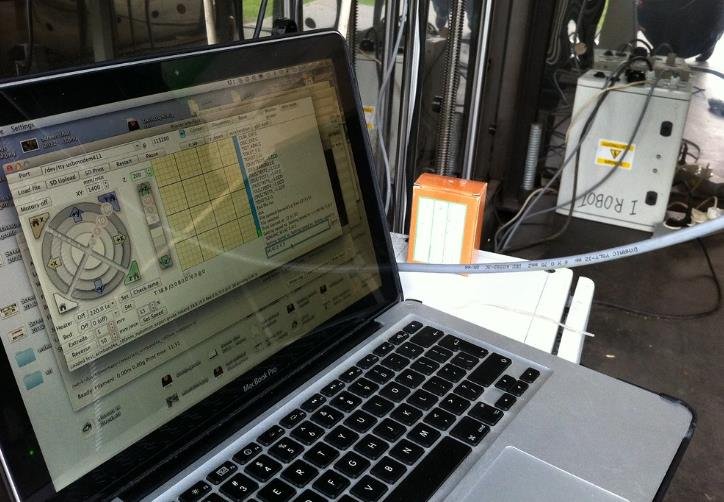The tech world is abuzz with the advent of DBOS, a database-based operating system that promises to outperform Linux in certain key areas. This innovative approach to operating system design is turning heads and raising questions about the future of computing.
DBOS, or Database Operating System, is a groundbreaking concept that integrates database functionality directly into the core of the operating system. This integration allows for a level of performance and reliability that traditional operating systems struggle to match.

The system’s ability to resume interrupted programs without loss of data and to “time travel” to previous states for debugging purposes are just a couple of its standout features. These capabilities are made possible by the fact that every aspect of the system’s state is preserved within the database.
Advantages Over Conventional Systems
One of the most significant advantages of DBOS is its smaller attack surface, which enhances security. Additionally, the system’s metrics are stored in a NoSQL database, allowing for real-time analysis without the need for log file aggregation.
The architecture of DBOS also means that it can provide reliable execution. If a program running on DBOS is interrupted, it can resume exactly where it left off, avoiding the need to restart from an earlier point.
The Future of DBOS
As DBOS continues to develop, it is poised to challenge the dominance of Linux, especially in cloud computing and large-scale server environments. Its unique approach to managing system state and resources could lead to more efficient, secure, and reliable computing infrastructures.
The potential of DBOS has already attracted significant investment, with $8.5 million in seed funding secured to further its development. As it stands, DBOS represents not just a technological advancement but a potential shift in the very foundation of operating system technology.








